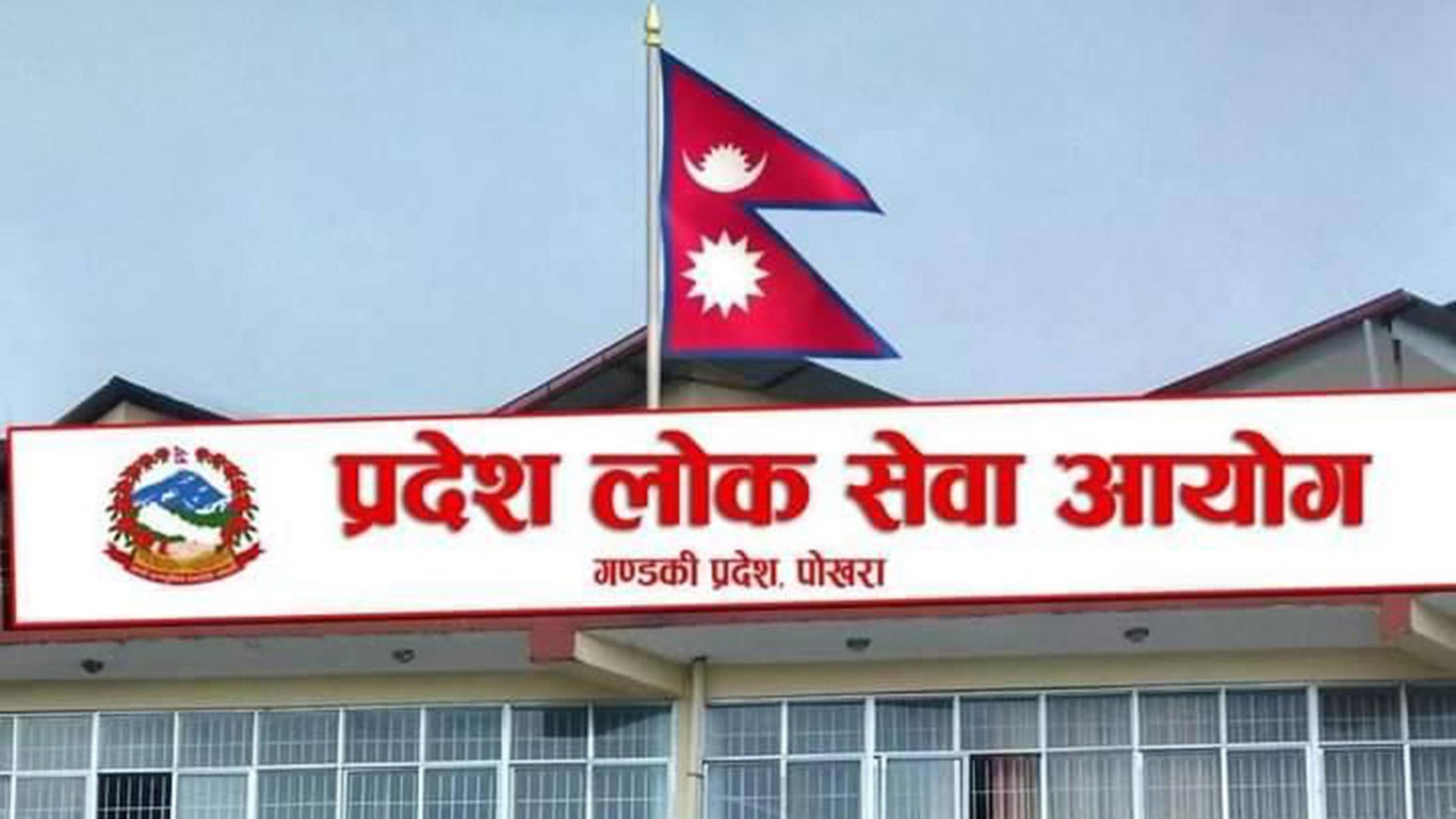
The Provincial Public Service Commission has recommended formulating a law to prevent employees who have been recommended and appointed once from the inclusive quota from being eligible to apply again as candidates for the inclusive group.
The Provincial Public Service Commission, Gandaki, suggested this during the ongoing discussion in the parliamentary committee about drafting the Federal Civil Service Bill. The Commission also provided written suggestions to the State Affairs and Good Governance Committee of the House of Representatives, suggesting that such a provision should be made to fulfill positions in the three levels of government.
The Commission has submitted a seven-point written suggestion to the committee. Previously, the Federal Public Service Commission had also provided suggestions on the bill. Both commissions have provided written suggestions on the bill's contents, the restructuring of the civil administration, and the enhancement of organizational capacity.
There is ongoing debate that the provision repeatedly allowing the same individual to be a candidate from the inclusive group has not ensured the representation of the targeted groups and has benefited only certain individuals. The suggestion submitted by the Provincial Public Service Commission to the committee states, "Under the prevailing law, positions reserved for the inclusive group have not reached the targeted group, with the affluent class (creamy layer) within the group gaining more opportunities. Therefore, to ensure that the inclusive group's access reaches the concerned targeted group, a provision should be made that employees recommended and appointed once from the inclusive group to any position at the federal, provincial, and local levels should not be eligible to apply again as candidates for the inclusive group at any level."
Similarly, the Commission has suggested that the Provincial Secretary and Chief Administrative Officer of the local level should be appointed from the provincial civil service and local government service. Currently, employees for Provincial Secretary and Chief Administrative Officer positions are appointed by the union. The Commission has demanded that the current provision be corrected, stating that it goes against the essence of administrative federalism and the Employee Adjustment Act. The current provision has also negatively impacted the career development of employees who have been adjusted and appointed on the recommendation of the Public Service Commission at the provincial and local levels.
The Commission has also suggested making a provision to prevent employees from participating in competitive examinations for positions of the same level. When employees working at the provincial and local levels participate in competitive examinations for positions of the same level, it affects the process of fulfilling positions and service delivery. Therefore, such a provision has been suggested. However, the Commission has recommended enhancing inter-level competition among employees working at the federal, provincial, and local levels. The Commission believes that using the experience of one level in another and expanding the scope of career development will benefit employees.
The Commission has also suggested maintaining uniformity in the laws related to employees' service conditions. It has recommended that opportunities for study and scholarships be distributed fairly. The Gandaki Public Service Commission submitted this suggestion to the committee as per its decision of December 27. The Commission has also mentioned that federal laws should be issued as soon as possible.
The process of hearing the opinions of the members who have registered amendments to the bill under consideration in the State Affairs Committee is ongoing. Of the 124 amendments, the committee has heard the opinions of nearly one hundred amendment proposers. After hearing the opinions of the amendment proposers, the committee will proceed with the clause-by-clause discussion process.
PPSC




